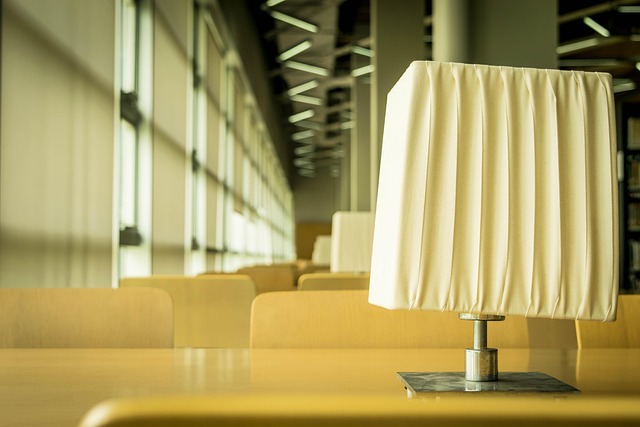Off-campus student housing safety is a shared responsibility between landlords and tenants. Key measures include thorough inspections, security features like alarms and cameras, regular maintenance, clear communication of emergency protocols, and compliance with local regulations. Proactive safety steps ensure well-lit spaces, secure entries, functional smoke detectors, fire extinguishers, and accessibility for all students, fostering peace of mind and academic success in safe student rentals.
Ensuring safe student rentals is paramount for a worry-free academic experience. Off-campus housing presents unique risks, from security concerns to environmental hazards. This article guides students and landlords through understanding common off-campus dangers, identifying essential safety features in rentals, fostering open communication, navigating local regulations, and implementing proactive security measures. Discover how these steps contribute to creating safe student rentals and peace of mind for everyone involved.
- Understanding Common Off-Campus Risks
- Essential Safety Features in Student Rentals
- Effective Communication: Tenant to Landlord
- Local Regulations and Their Impact on Safety
- Proactive Measures for Enhanced Security
Understanding Common Off-Campus Risks
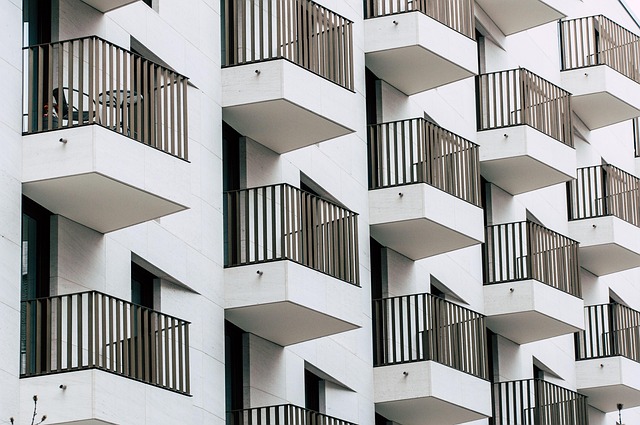
Off-campus student housing presents unique challenges for ensuring safety, distinct from traditional dorms or university-owned properties. Common risks include burglary, fire hazards due to poorly maintained electrical systems, and unsafe living conditions caused by structural issues. Moreover, lack of immediate campus security means students must be proactive in their safety measures.
Landlords play a pivotal role in fostering safe student rentals by conducting thorough property inspections, implementing robust security features like smoke detectors and carbon monoxide alarms, and promoting fire safety practices among tenants. Regular maintenance checks can mitigate structural risks, while clear communication about emergency protocols empowers students to respond effectively during unforeseen situations.
Essential Safety Features in Student Rentals
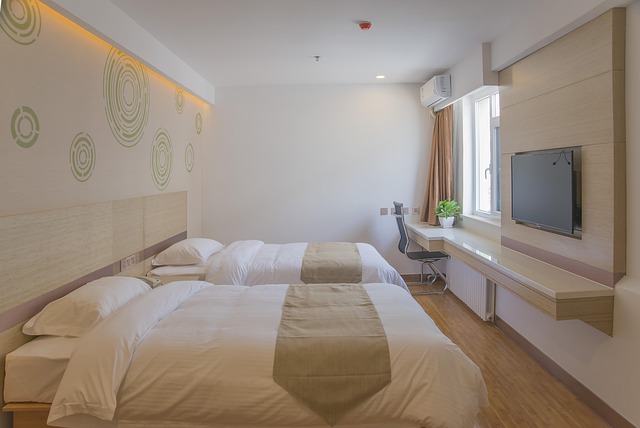
When it comes to off-campus rentals for students, safety should never be an afterthought. Essential features like smoke and carbon monoxide detectors, fire extinguishers, well-lit entrances and staircases, and secure entry systems are non-negotiable. These simple yet vital tools can significantly enhance the overall safety of student living spaces, providing peace of mind for tenants and landlords alike.
Additionally, modern technology offers advanced safety solutions such as smart locks, surveillance cameras, and emergency alert systems. Incorporating these features into student rentals not only adds an extra layer of protection but also encourages a sense of security within the community. Safe student rentals are not just about preventing accidents; they create an environment where students can thrive academically and socially without constant worry.
Effective Communication: Tenant to Landlord
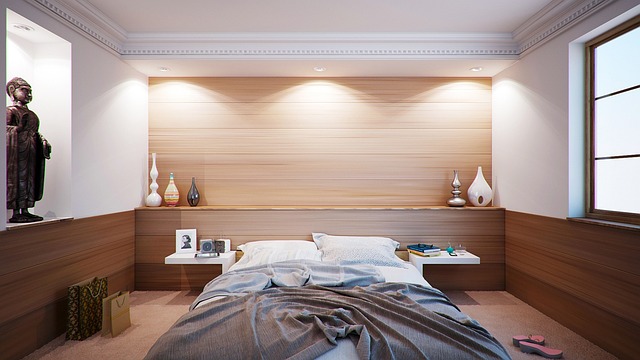
Open and honest communication between tenants and landlords is a cornerstone in ensuring safe student rentals. Tenants should feel comfortable discussing any safety concerns or issues with their landlord directly, who should be receptive to addressing these matters promptly. Regular check-ins can establish a rapport that encourages students to voice potential hazards—be it faulty wiring, inadequate security measures, or maintenance problems—ensuring they don’t escalate.
Effective communication also involves clear expectations and agreements. Landlords must provide detailed information on safety protocols, emergency contacts, and evacuation procedures, ensuring tenants understand their responsibilities. Similarly, tenants should convey any special needs or accessibility concerns to ensure the property is adapted for safe living. Regular conversations can foster a collaborative environment where both parties work together to maintain a secure off-campus rental experience.
Local Regulations and Their Impact on Safety
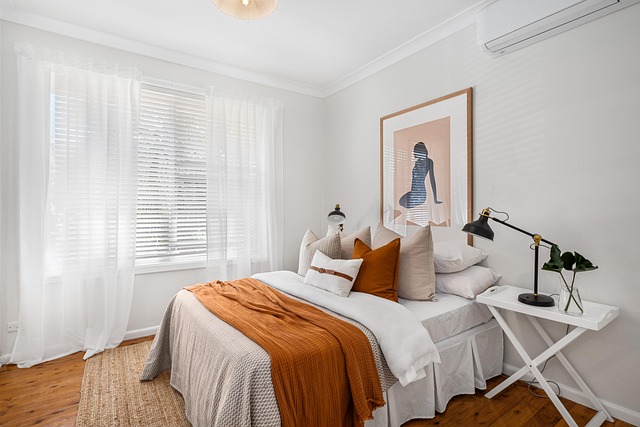
Local regulations play a pivotal role in shaping the safety standards for off-campus student rentals. These rules and ordinances are designed to protect tenants, ensuring they have access to secure living environments. From fire safety protocols to building maintenance guidelines, local laws enforce essential measures that keep students safe. For instance, many areas mandate regular inspections of rental properties, setting minimum safety standards for appliances, electrical systems, and structural integrity.
Additionally, these regulations often include provisions for emergency preparedness, such as smoke detectors, carbon monoxide alarms, and clear evacuation plans. Landlords must comply with these local rules, providing students with a robust framework to ensure their well-being. By adhering to these regulations, off-campus rentals can maintain high safety standards, fostering a peaceful and secure environment for students to thrive.
Proactive Measures for Enhanced Security
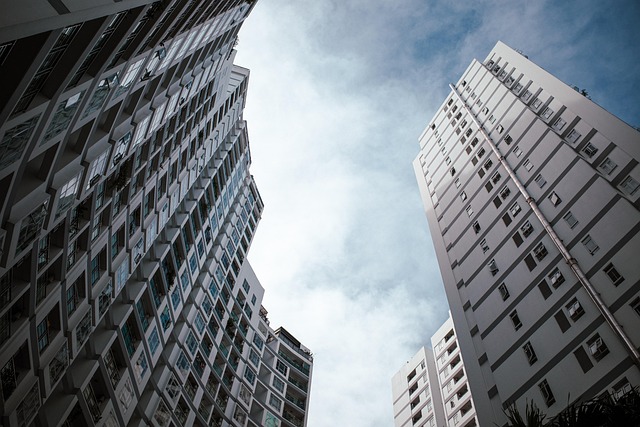
Many off-campus student rentals lack the security features found in traditional housing, so proactive measures are essential for creating a safe environment. Landlords and students alike should implement robust security protocols to deter crime and ensure peace of mind. This includes installing reliable door locks, investing in high-quality security cameras, and implementing access control systems that restrict entry to authorized individuals only. Additionally, promoting safety awareness through regular security briefings and emergency drills can empower students to recognize potential risks and respond accordingly.
Regular maintenance checks by staff or designated security personnel are another proactive step. These visits should encompass all common areas and essential safety features, ensuring smoke detectors work, fire extinguishers are accessible, and any maintenance issues that could compromise safety are addressed promptly. Encouraging open communication between students and landlords or property managers is also vital, fostering a collaborative environment where concerns can be raised and addressed immediately, enhancing overall security for safe student rentals.
